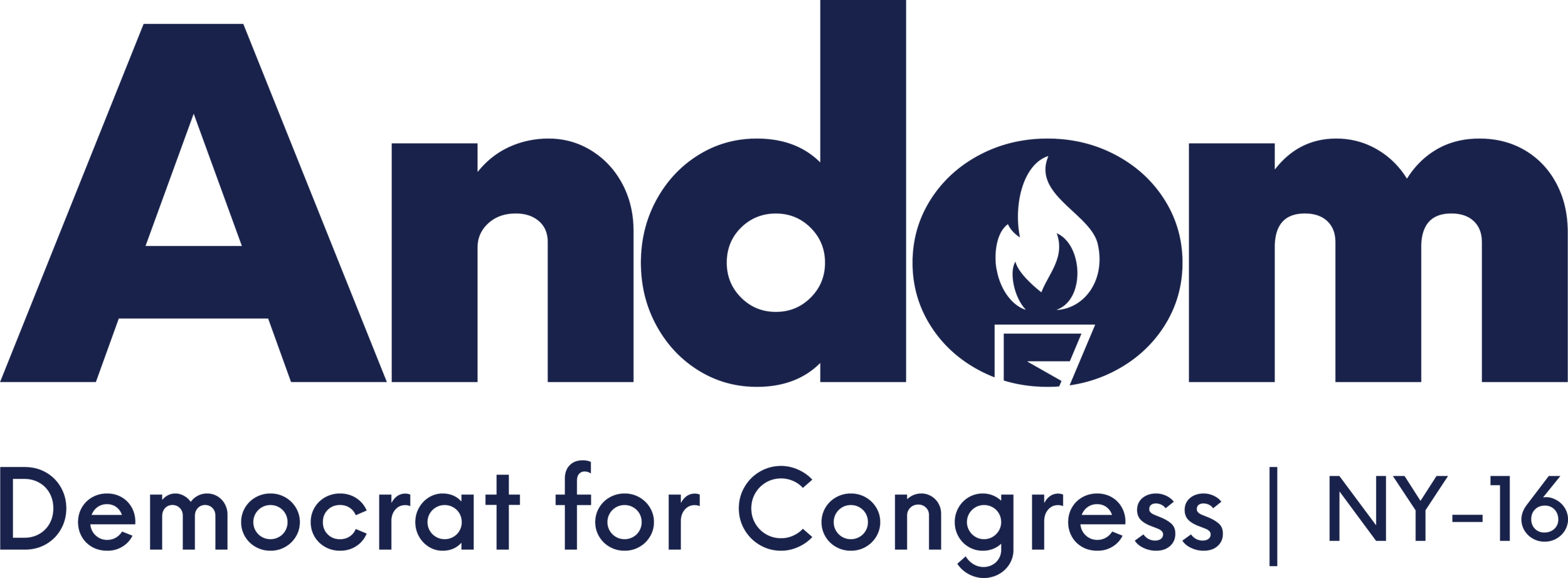Racial Justice
In The Souls of Black Folk, DuBois wrote that “the problem of the twentieth century is the problem of the color line.” One hundred years later, there is still a sharp divide along racial lines for almost all socioeconomic indicators in society. So, while our anti-imperial, eco-socialist agenda will certainly benefit all working people, especially people of color, race-specific policies are also necessary to tackle the effects of settler-colonialism, genocide, land-theft, slavery, and segregation and to dismantle white supremacy.
Every position in our policy platform contributes to the fight for racial justice. We maintain an anti-racist lens throughout our platform. Please view our other policy positions for the full scope.
Our Plan:
Support HR 40, Commission to Study and Develop Reparation Proposals for African-Americans Act
Support reparations for the descendants of American slaves
Support reparations for indigenous peoples
Provide funding for communities of color disproportionately impacted by environmental racism, housing segregation and disinvestment, apartheid schools, lack of access to healthcare, under- and unemployment, and racialized policing
Support tribal sovereignty and jurisdiction
Ensure culturally-responsive/sustaining curricula in schools, centering racial and social justice; the histories of people of color in America and their indigenous histories abroad; LGBTQ+ studies; and multilingual education and immersion.
Provide funding for disaggregating racial data by ethnic/national origin so that the socioeconomic differences that exist within racial groups are not erased by monolithic categorization. For example, though both the same race/demographic identifier, there are significant differences socioeconomically between Black American descendants of slaves in Mississippi and Nigerian immigrants in Texas; or Hmong refugees and 4th generation Chinese-Americans; or Dominicans in New York City and Cubans in Miami. A better understanding of these differences will help us shape policy targeting specific communities.
Puerto Rico
Support justice and self-determination for the Puerto Rican people; advocate for referendum in which Puerto Ricans decide their political status
Cancellation of Puerto Rico's Wall Street debt
Lift austerity measures
End the corporate rule of the unelected PROMESA junta





